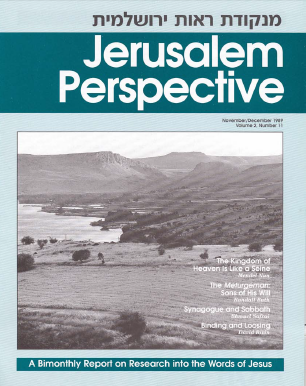מְתֻרְגְּמָן (me⋅tur⋅ge⋅MĀN) is Hebrew for “translator.” The articles in this series illustrate how a knowledge of the Gospels’ Semitic background can provide a deeper understanding of Jesus’ words and influence the translation process. For more articles in this series, click here.
Christmas brings many carols and cards containing the words from Luke 2:14, “Goodwill to men” and “Peace to men of goodwill.” The angels praised God with words that in English may sound like a politician wishing us to “Have a nice day.” Most of us sense that these words reflect something deeper, but why did the angels use such seemingly innocuous words?
Variants
The manuscript history of Luke 2:14 is split between εὐδοκία (eudokia, “favor”) and εὐδοκίας (eudokias, “of favor”), the Greek possessive form of the word. English translators had to choose which of these variants they would translate. The King James Version’s “good will toward men” reflects the first variant, and J. B. Phillips’ “among men of goodwill” translates the second variant.
Premium Members and Friends of JP must be signed in to view this content.
If you are not a Premium Member or Friend, please consider registering. Prices start at $5/month if paid annually, with other options for monthly and quarterly and more: Sign Up For Premium






